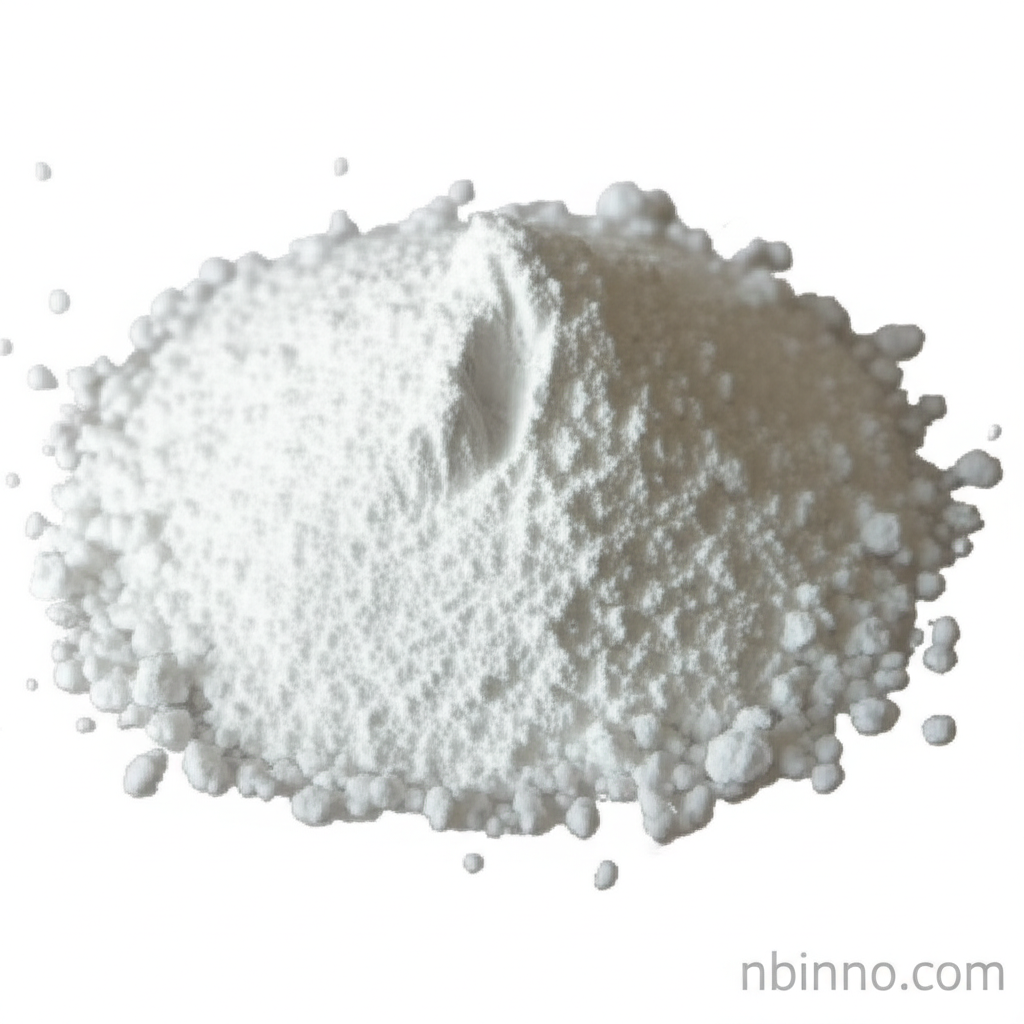High-Quality Talc Powder: Industrial Filler for Plastics, Paints, and Rubber from a Trusted Supplier
Discover the unparalleled benefits of using talc powder as a key filler in your industrial applications. Enhance product performance, reduce costs, and achieve superior results with our premium talc solutions. Explore why leading manufacturers choose talc for their plastics, paints, and rubber formulations.
Get a Quote & SampleUnlock Superior Performance with Premium Talc Powder

Talc Powder
As a leading talc powder manufacturer and supplier in China, we offer a high-purity, micronized talc that serves as an exceptional filler for the plastics, paints, and rubber industries. Our commitment to quality ensures consistency and performance, making us your reliable partner for bulk procurement. We provide competitive talc powder prices, making it an economically viable solution for large-scale industrial needs.
- Enhance Stiffness and Heat Resistance: Leverage talc's unique properties to improve the rigidity and thermal stability of your plastic products, crucial for demanding applications.
- Achieve Superior Surface Finish: Benefit from talc's natural lubricity and smooth texture, leading to improved aesthetics and processability in your formulations.
- Cost-Effective Industrial Filler: Utilize our talc powder as a cost-efficient alternative to expensive resins, enabling significant savings without compromising product quality.
- Boost Barrier Properties: Improve the moisture and gas barrier capabilities of your materials, extending the shelf life and protecting the integrity of packaged goods.
Key Advantages of Industrial Talc Powder
Reinforcement and Durability
Talc powder acts as a powerful reinforcing agent, significantly enhancing the stiffness, tensile strength, and dimensional stability of plastics. This leads to more durable products that can withstand stress, making them ideal for automotive parts and construction materials.
Excellent Thermal Performance
With its high melting point and thermal stability, talc improves the heat resistance of polymers. This allows your manufactured goods to maintain their integrity and shape even when exposed to elevated temperatures, a critical factor in many industrial processes.
Cost-Efficiency and Versatility
As a naturally abundant mineral, talc offers a cost-effective solution for manufacturers. Its versatility allows it to be incorporated into a wide range of applications, from improving paint opacity to enhancing rubber flexibility, providing excellent value for its price.
Diverse Applications for Talc Filler
Plastics Manufacturing
Talc is widely used as a filler in plastics to enhance stiffness, heat resistance, and reduce shrinkage. It's crucial for producing components for automotive, electronics, and packaging industries. Seek a reliable talc supplier for your plastic compounding needs.
Paints and Coatings
In paints and coatings, talc powder provides opacity, whiteness, and improved rheology. It enhances coverage, texture, and durability, making it an essential ingredient for high-quality finishes. Buy industrial talc for your paint formulations.
Rubber Industry
Talc serves as an excellent processing aid and reinforcing filler in rubber compounds. It improves lubricity, reduces friction, and enhances the mechanical properties of rubber products, from tires to industrial seals.
Paper and Ceramics
Talc's smoothness, whiteness, and inertness make it valuable in paper manufacturing for improved printability and opacity, and in ceramics for enhanced thermal shock resistance.
